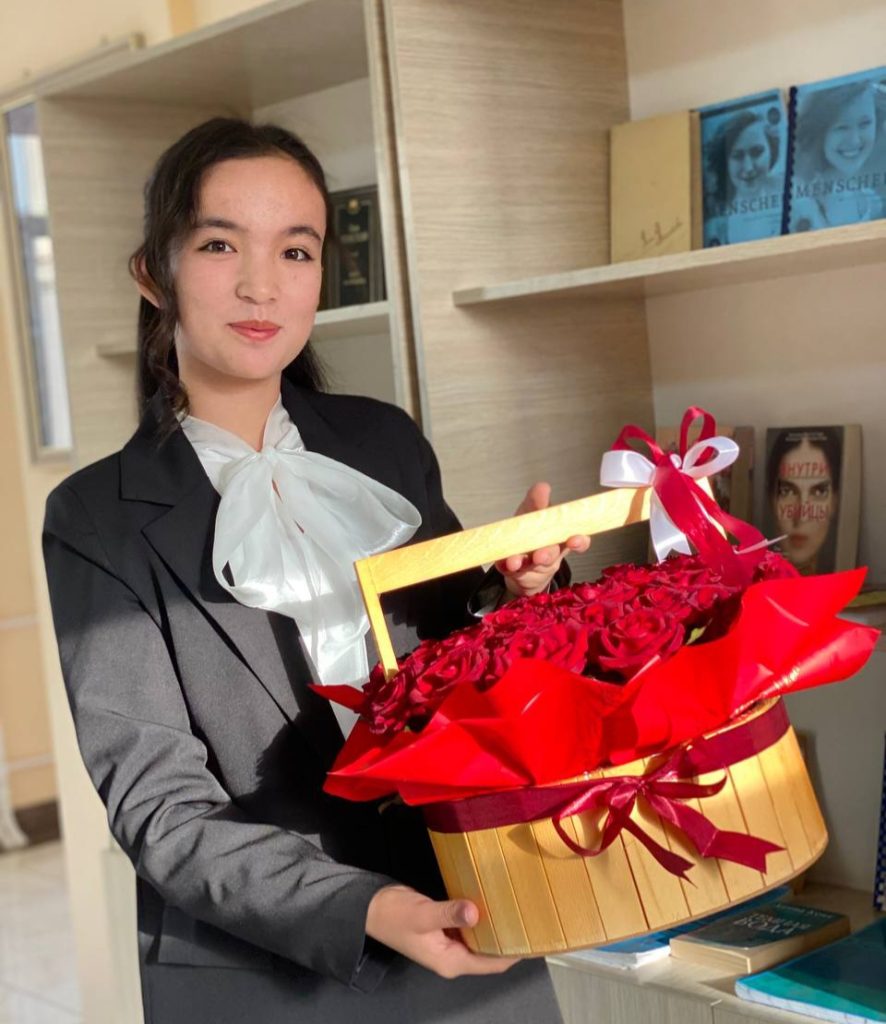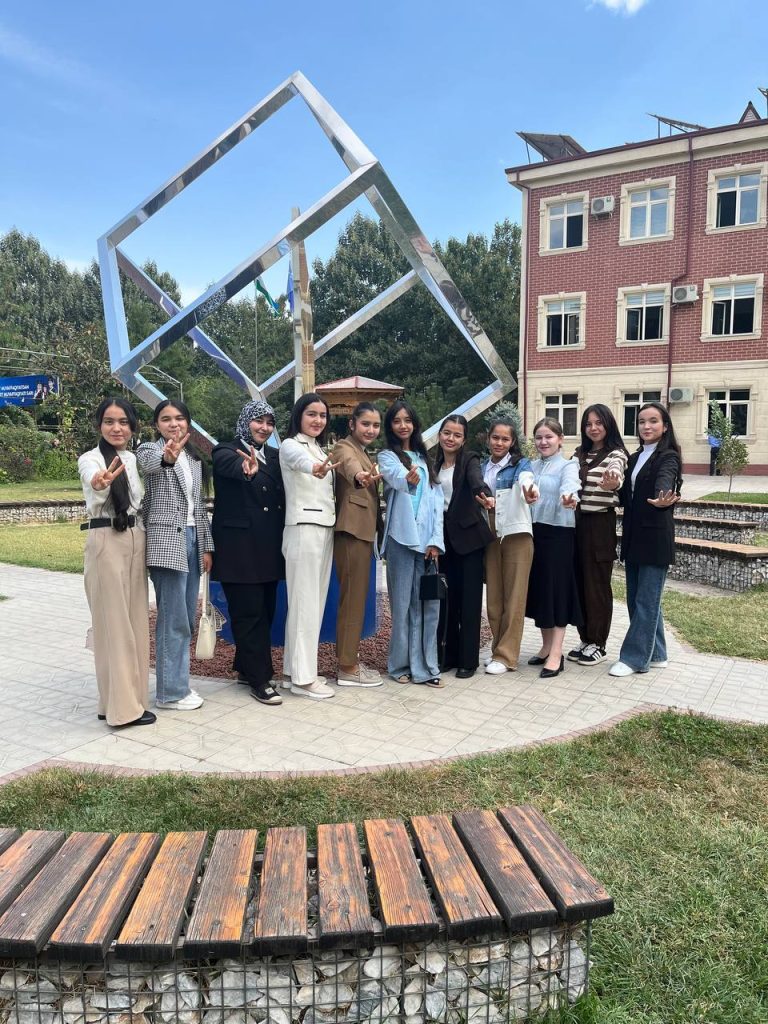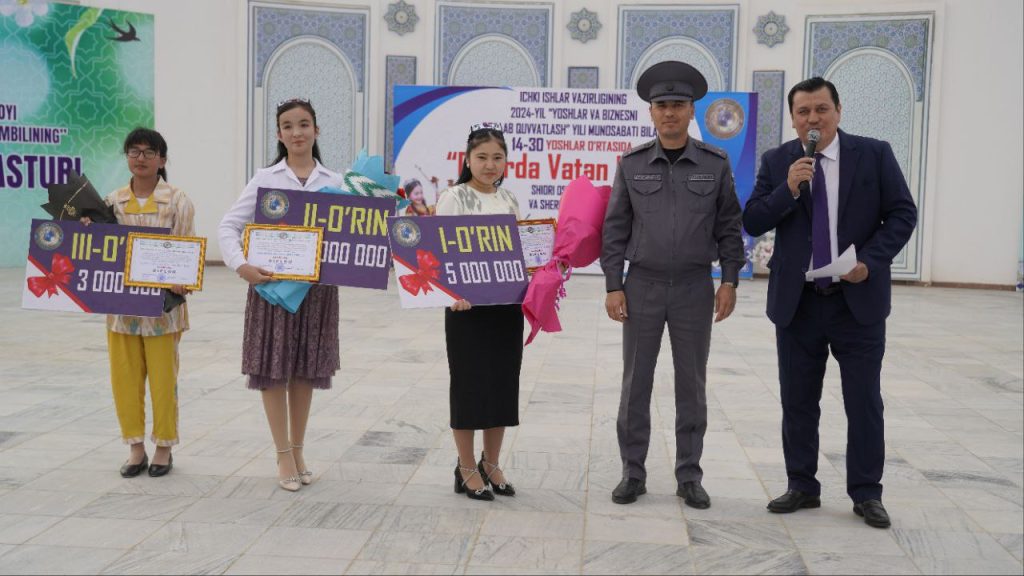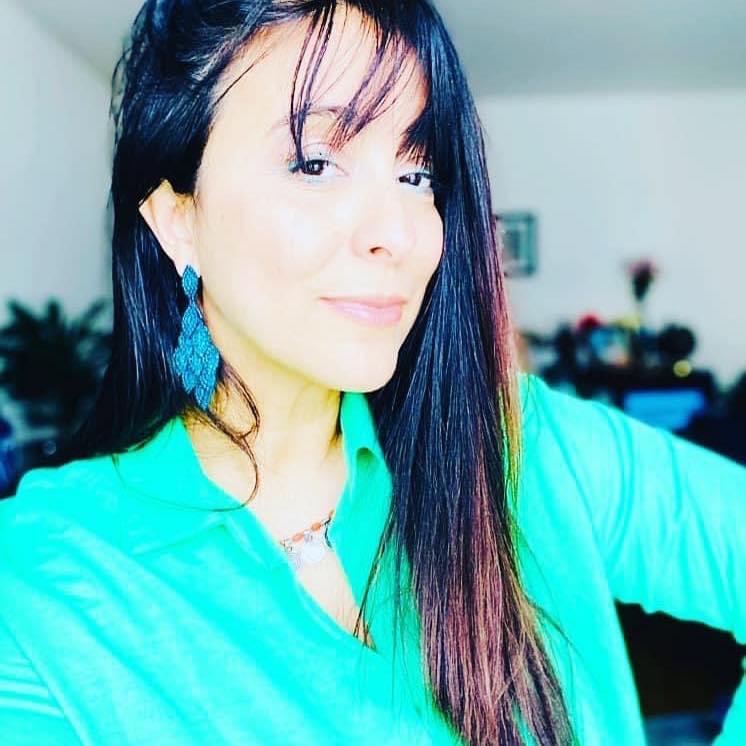
Highlights of the Brightest year
Time has many definitions, such as “flowing river”, “deep wind”, “irrevocable wealth” and it always amazes us. Because sometimes we don’t even have time to feel it. Just yesterday it was summer, the sun was shining, people were tired of the heat and went to cool places, but suddenly today it seems like a severe winter has came and our thick hats are covered with snow. It’s hard to believe that another year behind us is the name “old”. And the summary made at the end of the year will make someone happy and someone’s tongue will be dulled. But, no matter what happened, everyone is happy when they summarize the past year. After all, how many people did not reach these moments, did not make plans and dreams for the new year, did not pass through a passage of high time. I’m happy too, of course. Because, I am finally writing about the past year. Every year is refreshing and rich in memories. 2024 was the most intense, important and special year. Why?
First of all, I graduated from the school where I spent most of the last eleven years with excellent grades. During those times, we grew up, learned letters, met our first teachers, classmates, and achieved our first victories. The first of many unforgettable memories was in our school. And the year 2024 signed and closed the book of this period…

Moreover, this year provided unforgettable moments of learning, realizing its value and living as an applicant. After graduating from school, I specially prepared for university entrance exams in the summer months. I felt like I was drowning in the sea of knowledge, far from my home, without a phone, without distractions. Indeed, knowledge is a sea without end. The best teachers connected me with this sea. Everyone around me worked hard for their future. We have become a family gathered at the same destination for the same purpose. It was very difficult… Sleepless nights, long types of books, painful results… Especially the burden of trust, hope, and responsibility on our shoulders was heavy. The heart was constantly running between poor sweet dreams and fear.
One day… One exam day showed the result of so many efforts and aspirations. I was grateful for my fate. I can’t thank my parents enough for always supporting me. Because they gave opportunities and confidence, taught to be on the path of knowledge and specific goals. “I wish all parents were like them,” I said, crying involuntarily. In the villages, little attention is paid to the education of girls. Grandparents and parents rarely invest in their daughters’ education. But my grandfather and grandmother are the people who expected me to become a student more than me. Their prayer, motivation and faith had a special place in this event.
So, in 2024 I got the name “Student”. As I dreamed, I was accepted to study English philology and language teaching faculty at the University of Journalism and Mass Communications of Uzbekistan with a score of 182.4 on the basis of a state grant. I have achieved one of my biggest goals for the year. I started the fall season as a student. I really felt that being a student was a golden age. Living independently in a new way of life, away from family, is not easy. But this is an inevitable life for everyone. My love for my university is different. In it, my teachers share new knowledge with us, new friends, new agenda, new library and books, new city, new bedroom, new adventures, new photos on my phone, new conversations with my parents, family and scholarship money, my new card… I love all of them. 2024 will be remembered in my future life with this sweet news.

They say, “A person who stops reading books stops thinking.” One of my biggest fears in 2024 was to stop thinking. It doesn’t matter when, where, how much you read. In fact, not to become materialistic in the city where life is boiling every second, emphasizing the economic aspects. It is the most important thing not to become a stranger to activities that you love, that are truly beneficial for you, that bring perfection to your soul, and not to lose your identity. This year I took a break from creativity. Nevertheless, in April 2024, I won the second place in the regional stage of the “Dillarda Vatan Madhi” competition . I was awarded with cash prizes. My creative works were published in newspapers and magazines. There were times when I really wanted to write…I couldn’t. But it is clear that what I felt this year will affect what I write in the future. “The best investment is an investment in science!” I tried to invest in my knowledge. By studying in the educational program of “Kelajak: ilmi qizlar hamjamiyati”, I progressed and developed in a certain sense. I also successfully graduated from the Turkish language classes of “Ibrat Academy”.
I really believe that there is wisdom in all of my losses and unfulfilled plans. As much as possible, people should pay attention to the positive aspects of the events that are happening in their life, be thankful for everything, because then life will start presenting bright gifts. I am happy to have discovered many new experiences, new destinations, new feelings, to be with my family, to live the days I dreamed of. A short summary of this year could have been written much more. But as I said above, time surprises us with its speed. The new year is coming with greetings. Making beautiful intentions for 2025, creating a map for dreams… Oh, there’s still a lot to do. What about you, dears? Have you summed up the year 2024, did you give thanks? Have you set goals for the new year? If your answer is “no”, I would like to remind you: The future happiness, the tears of joy that will flow from your eyes suddenly will be the result of your actions, hard work that you are doing today. Appreciate the time!
Shahnoza Ochildiyeva
Uzbekistan Journalism and Mass Communications
University English philology and teaching languages faculty
First year student.



